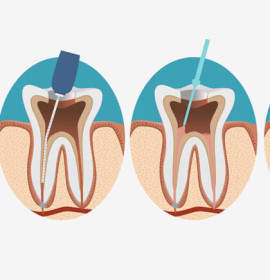
Is Bad Breath a headache… !!!
Preventive Dentistry
Bad Breath (halitosis), is result of poor dental health habits and may be a sign of other health problems. Badbreath can also be made worse by the types of foods you eat and other unhealthy lifestyle habits.
Food and bad breath relation:
All the food eaten begins to be broken down in your mouth. As foods are digested and absorbed into the bloodstream, they are eventually carried to your lungs and given off in your breath. such as garlic or onions can cause more odor. brushing and flossing even mouthwash covers up the odor temporarily.
Bad Breath because of lazy Habits:
If you don’t brush and floss teeth daily, food particles can remain in your mouth, which leads to bacterial growth within the teeth, around the gums, and on the tongue. Which can spread as bad breath
Smoking or chewing tobacco products can cause bad breath, stain teeth, and irritate your gums.

Bad breath and oral difficulties:
- Bad breath or a bad taste in the mouth may be a warning sign of periodontal disease.
- Gum disease is caused by the buildup of plaque on teeth. If it continues untreated, it can damage the gums and jawbone.
- bad breath include poorly fitting dental appliances, yeast infections of the mouth, and dental cavities.
- dry mouth also can cause bad breath.
Bad breath can be put into an end by:
- Practice good oral hygiene.
- Don’t forget to brush the tongue.
- Replace your toothbrush every 2 to 3 months or after an illness.
- Use floss or an interdental cleaner to remove food particles and plaque between teeth once a day.
- Rinse with an antibacterial mouthwash twice a day.
- Dentures should be removed at night and cleaned thoroughly before being placed in your mouth.
- Regular dental check up.
- Stop smoking and chewing tobacco-based products.
- Drink lots of water. This will keep your mouth moist.
- Sugarless Chewing gum will helps to stimulate the production of saliva, which helps wash away food particles and bacteria.




